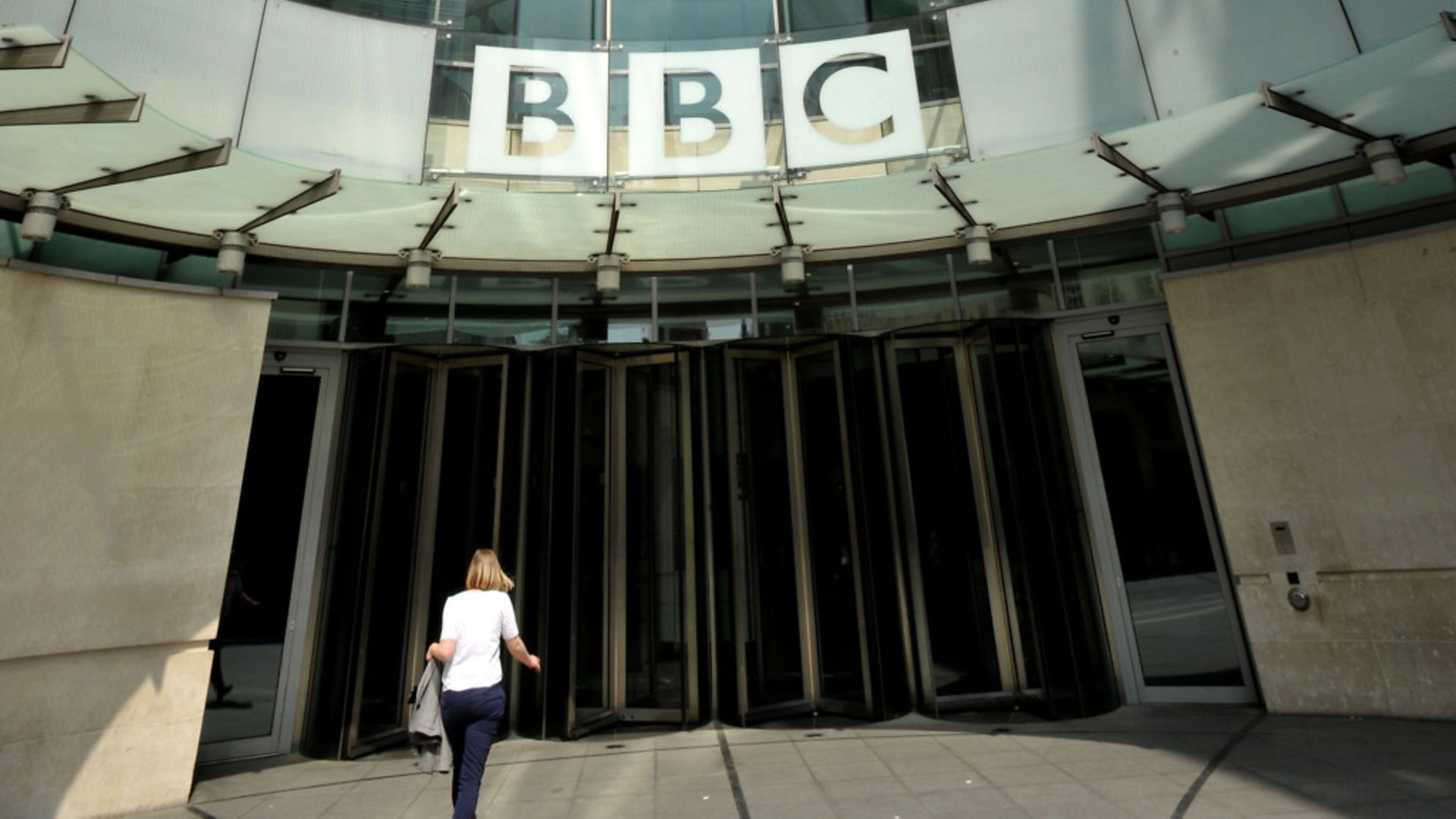
The key to understanding the debate over the BBC is to recognise that every word a government minister says actually means the precise opposite. When they claim to be speaking about events in the past, they are in fact talking about events in the future. When they say they want impartiality, they want partiality. And when they say they want diversity of opinion, they want to silence critical voices.
The latest round of hostilities against the national broadcaster started late last week, after the publication of a report into a 1995 interview between Martin Bashir and Princess Diana.
It found that Bashir had falsified bank statements and the BBC covered it up. It wasn’t particularly heartening, but neither was it of any immediate practical importance. The corporation has changed its governing structure twice since the mid-1990s. The report was, at most, a historical curio.
The focus on Diana lasted for little more than a few hours. Then the conversation moved subtly onto the government’s planned attack on the corporation during the mid-term charter review next year.
“There have to be questions within the BBC in terms of not just conduct, but the relevance of the BBC… even right down to some of the content,” home secretary Priti Patel told Times Radio. She wanted greater “diversity” so that the programming reflected “what the public want.”
Culture secretary Oliver Dowden argued that the BBC’s leadership was subject to “groupthink” and that “cultural change” was needed. He demanded a new emphasis on “diversity of opinion”, in which the BBC would “step up to project British values… as our national champion”.
It was left to backbench Tory MPs to say the quiet part out loud. John Redwood said the broadcaster “represents the EU elite against Brexit, ignores England and regularly takes the anti-British side in arguments”. Steve Baker celebrated the suggestion that Paul Dacre of the Daily Mail and Charles Moore of the Spectator could become the chairs of Ofcom and the BBC.
“They might actually start to look at the way the media functions and ensure there’s some impartiality,” he said. “Time and again during interviews I’ve felt there was a consensus thought on the side of the broadcaster which was not on the side of moderate mainstream conservatism, so I look forward to them… being a bit more conservative and pragmatic in what is reported.”
That last part gave the game away. This wasn’t about “impartiality” or “diversity of opinion”. It was about forcing the corporation to adopt the line of the governing party.
This has been a long time coming. When the Brexit referendum drove a cultural wedge through the country in 2016, the BBC responded in the only way it knew how: by giving both sides of the debate time to speak.
As it happened, that proved a suboptimal approach. The right move would have involved producing an objective assessment of the issues in question, on topics like trade rules and border infrastructure, alongside some debate between the various sides. But instead of handing the issue to its various specialist editors, the Brexit story was monopolised by the Millbank office, as a standard bit of he-said-she-said political Punch and Judy.
The public was left ill-informed on a crucial issue and the approach served to inflame baseless tribal rhetoric over disinterested empirical reporting. But for all its faults, you could at least understand what the BBC was trying to do. It faced a new cultural divide and responded by treating it in the same way as it treated the old right-left economic divide.
It didn’t understand how deeply things had changed. Brexit had triggered a culture war in which all the old words lost their meaning and were imbued instead with that which would negate them.
Government Brexiters believed they represented the ‘will of the people’. Those who disagreed with them were therefore not of ‘the people’. They were alienated cosmopolitans who did not really understand the country, or fifth columnists acting on behalf of a foreign power.
When Patel, Dowden, Redwood and Baker now speak of the public, or Britain itself, they are not using those terms as we understand them. They have been redefined so that they are owned exclusively by those on their side of the cultural divide. They do not include city-dwellers, or liberals, or Remainers, or opposition party voters, or young people, or even graduates. They include only the people who think like them.
When they say they want “diversity of opinion”, what they really want is for their political tribe to be able to make its case without the inconvenience of critical voices. They are effectively demanding that the BBC becomes the propaganda arm of the government. And they will use anything – any incident, any critical report, no matter how irrelevant – to achieve that aim.
What do you think? Have your say on this and more by emailing letters@theneweuropean.co.uk










